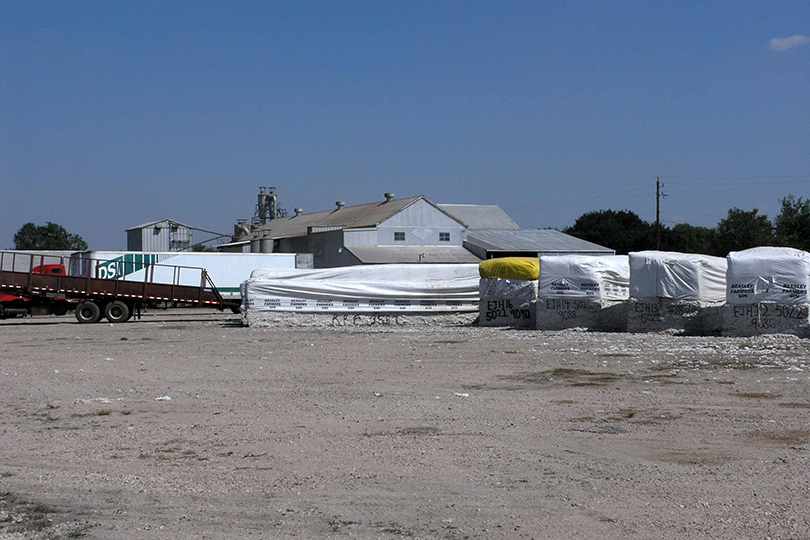By Jessica Domel
News Editor
Congressman Mike Conaway of Texas is firing back at the U.S. Department of Agriculture (USDA) and Agriculture Commissioner Tom Vilsack. Earlier this month, Vilsack told reporters the USDA does not have the authority to grant American cotton farmers farm bill safety net program access by designating cottonseed as an “other oilseed.”
In the letter to Vilsack, Conaway writes, “Although your letter identifies several possible obstacles to the designation of cottonseed as an oilseed, I respectfully disagree with your conclusion and assure you that your authority to designate cottonseed as an ‘other oilseed’ stands on firm legal ground.”
Conaway, who is chairman of the House Committee on Agriculture, goes on to say that Congress grants both specific and general authority to the Agriculture Secretary to provide relief to American farmers when warranted.
Texas Farm Bureau (TFB) also supports the designation of cottonseed as an “other oilseed.”
“As Secretary, you have used this authority to great effect, including providing relief to dairy farmers within a year of the 2008 Farm Bill’s passage,” Conaway wrote. “Your timely exercise of the broad authority granted to you by Congress provided a remedy that mitigated dire economic consequences in dairy country, and your action was commendable.”
Congress cannot anticipate every need that may arise in between passage of farm bills. So Congress vests discretionary powers, both specific and general, to the Agriculture Secretary, according to Conaway.
He adds that cottonseed is not the same as cotton lint and therefore, by granting cottonseed oilseed designation, and allowing farm bill safety net coverage, the U.S. would not be violating the country’s deal with Brazil.
Following an agreement, more commonly known as the Brazil Cotton Case, the U.S. does not provide direct subsidies to cotton farmers after allegations by Brazil that the U.S. unfairly helped its cotton farmers.
“Upland cotton is not the same as cottonseed,” Conaway wrote. “Historically, the two have been treated separately in the context of farm policy as well as in common parlance, with upland cotton referring to the lint, thus being defined as a widely-cultivated American cotton plant having short to medium staple fibers.”
Cottonseed is generally defined as the seed of cotton and is used as a source of oil and meal.
Cottonseed may come from both upland cotton and extra-long staple cotton.
“A designation of cottonseed as an oilseed is by no stretch of the imagination an inclusion of upland cotton in ARC or PLC by another name,” Conaway wrote. “As such, a designation of cottonseed as an oilseed under the farm bill is not in conflict with the policy decision to exclude upland cotton from ARC or PLC. These are different markets with different economic impacts.”
Conaway strongly encouraged Vilsack to reconsider his stance on the issue in order to help American cotton farmers who are suffering from high input prices and low markets without an effective safety net.
“Farmers and their lenders are facing the beginning of the 2016 planting season with increased dread,” Conaway wrote. “You have the authority and the responsibility to act. I respectfully renew my request for you to do so.”
Earlier this year, more than 100 congressmen and women asked Vilsack and the USDA to classify cottonseed as an “other oilseed” so American cotton farmers could sign up for safety net coverage through either Agriculture Risk Coverage (ARC) or Price Loss Coverage (PLC). Both are available to other crop farmers to help in times of drought, flood, low prices and following natural disasters.
Cotton farmers like Dan B. Smith, who is also a TFB state director, say the decision could cause farmers to stop planting cotton and could take a heavy toll on the industry, as well as the state and local economies.

